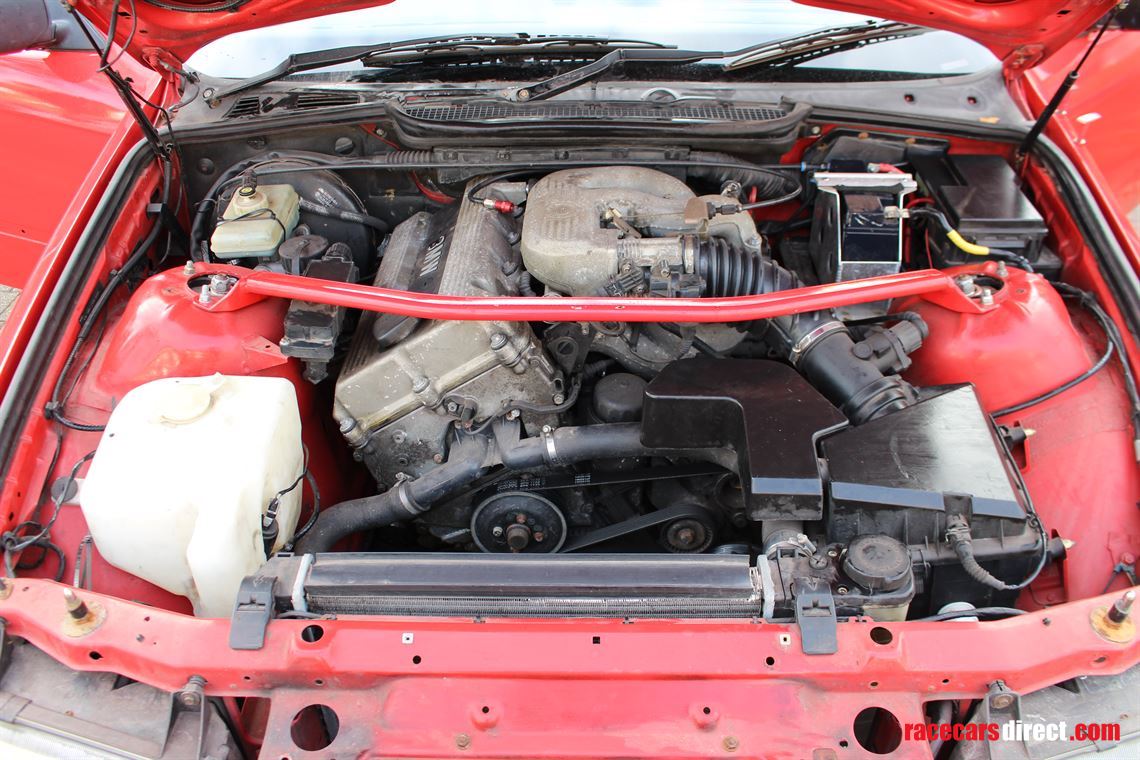Updating Your BMW 318ti: Top Mods and Enhancements
Important Considerations for Choosing the Best Engine for Your Needs
In the realm of selecting the perfect engine to satisfy your requirements, a number of crucial factors demand careful factor to consider to ensure ideal efficiency and performance. From the nuanced balance between power and efficiency to the often-overlooked aspects of maintenance and service demands, each element plays an essential duty in identifying the most ideal engine for your specific demands.
Power and Performance
When examining engines for optimum efficiency, it is critical to focus on both power outcome and effectiveness. Efficiency refers to just how well the engine transforms gas into functional energy. By carefully evaluating both power and performance, you can select an engine that provides optimal efficiency and satisfies your needs successfully.
Fuel Efficiency and Economy
In the world of engine selection, the consideration of gas efficiency and economic situation holds paramount relevance. Gas efficiency refers to the engine's capacity to convert gas into energy with marginal waste, straight affecting operating expenses and ecological sustainability. bmw 318ti. When picking an engine, examining its fuel economic situation is crucial to determine long-lasting savings and ecological impact. Engines with higher gas efficiency not just decrease gas expenses but additionally lower carbon emissions, adding to a greener procedure.

Compatibility and Application
Taking into consideration the gas efficiency and economy of an engine, the next essential element to address is its compatibility and application within specific operational contexts. Compatibility describes how well the engine integrates with the total system or tools it powers. It involves aspects such as physical dimensions, installing alternatives, electric interfaces, and control systems. Guaranteeing compatibility is important to stop concerns such as overheating, resonances, or power inequalities (bmw 318ti).
Various engines are developed for certain functions, whether it be commercial equipment, aquatic vessels, autos, or power generators. Recognizing the desired application enables for the option of an engine that can supply the needed power result, torque, and functional characteristics.
Upkeep and Service Needs
Maintenance and service requirements play an essential duty in ensuring the durability and optimum performance of an engine. Normal maintenance is important to protect against failures, extend the life expectancy of the engine, and keep its efficiency. When selecting an engine, it is essential to consider the manufacturer's recommended maintenance schedule and Find Out More the schedule of service centers or certified service technicians.
Factors such as the frequency of oil changes, filter replacements, and overall examinations can significantly impact the engine's performance. Some engines may require even more constant maintenance based on their design and usage, while others might have longer intervals in between upkeep checks. It is crucial to stick to these service requirements to prevent expensive repairs and unforeseen downtime.

Expense and Spending Plan Factors To Consider
When picking an engine for a specific application,Budget constraints often play a significant role in the decision-making procedure. When thinking about the cost and spending plan ramifications of picking an engine, it is vital to assess not only the first acquisition price however likewise the long-term expenses connected with maintenance, fuel intake, and prospective upgrades or repair work. It is crucial to strike an equilibrium between the upfront expense of the engine and its total lifecycle prices to guarantee that the picked engine stays financially lasting throughout its functional lifespan.
Aspects such as gas integrity, effectiveness, and longevity can directly impact the overall cost of possession of an engine. While an extra pricey engine might have greater upfront expenses, it can potentially result in reduced upkeep and fuel expenditures over time, thus providing far better worth in the lengthy run.
Final Thought

Fuel effectiveness refers to the engine's capacity to transform gas right into energy with minimal waste, straight affecting operating expenses and ecological sustainability.Aspects affecting fuel performance consist of engine layout, burning effectiveness, and general performance optimization. In addition, choosing the proper gas type and grade as recommended by the engine supplier can additionally enhance efficiency and prolong engine life-span.
Engines with great utility functions and readily available components can reduce upkeep expenses and lessen the time the engine is out of operation - bmw 318ti. It is important to strike a balance between the in advance expense of the engine and its total lifecycle expenses to guarantee that the chosen engine stays financially lasting throughout its operational life-span